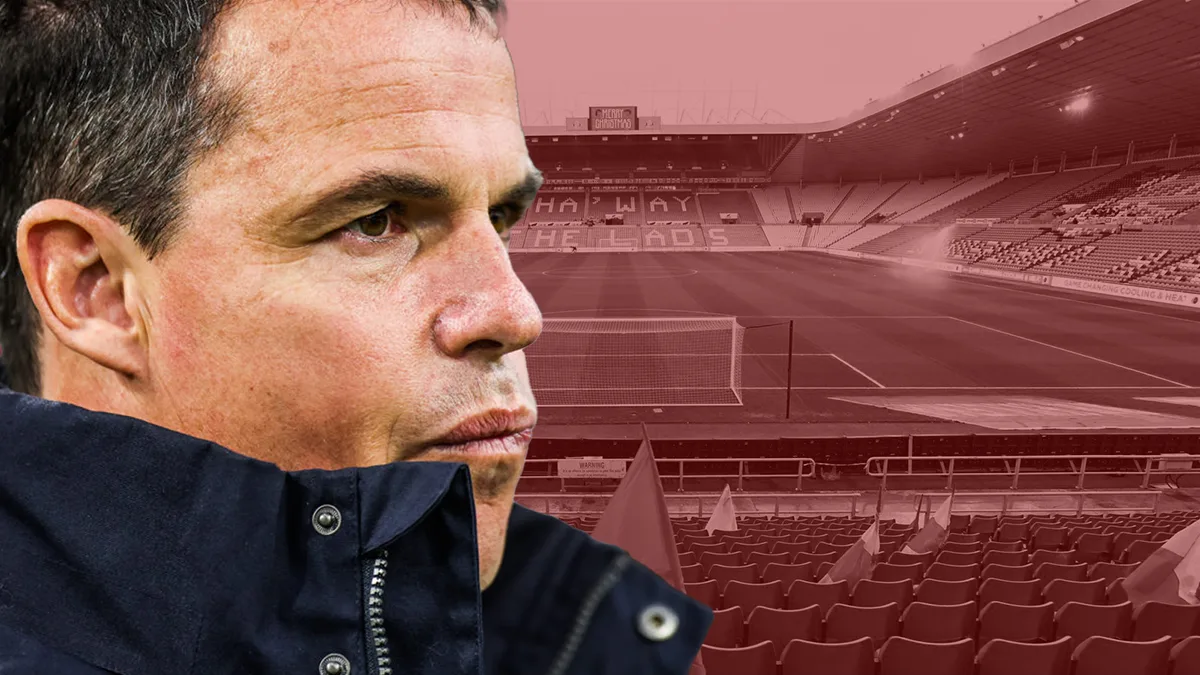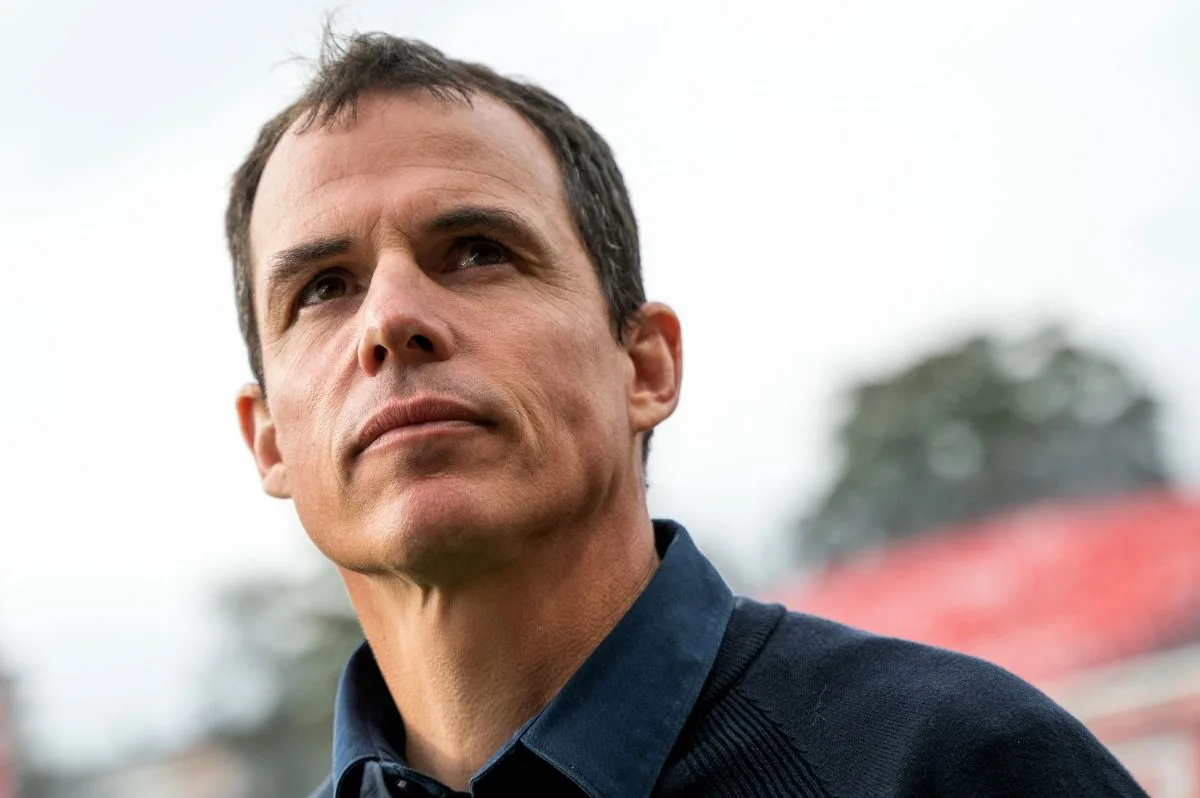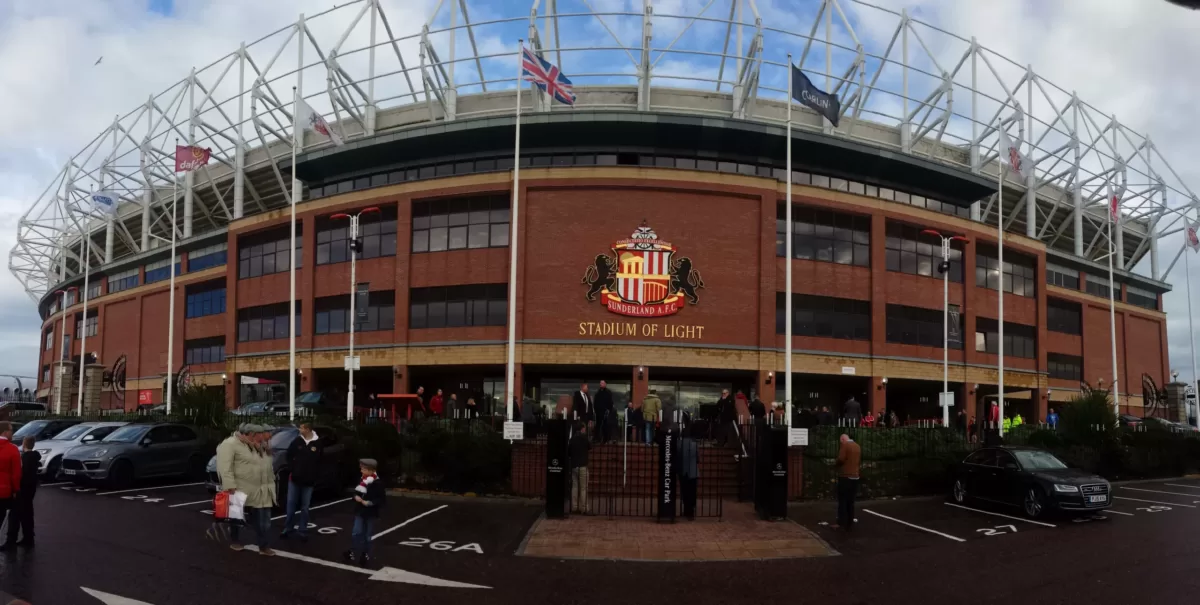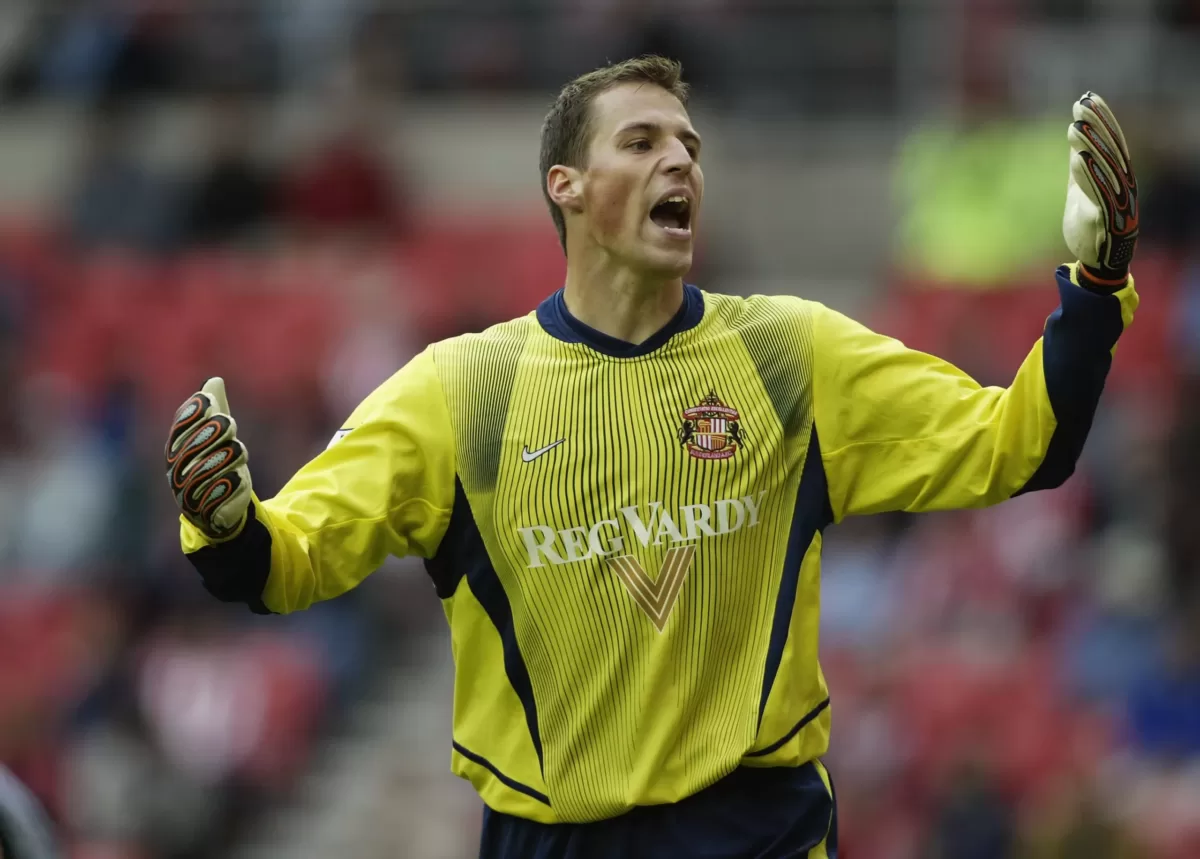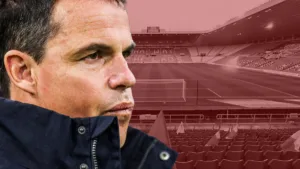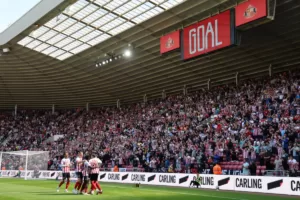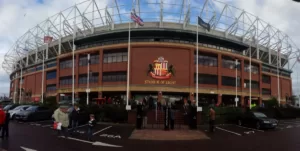Without offering any stats to back it up, it feels like we always lose to Swansea, probably because they’re still livid at that wonder-goal Stephane Sessegnon scored against them around 50 years ago now.
I have my own conspiracy theory that the further South West we travel, the less of a chance of winning we have, as I struggle to remember many positive results against the Welsh teams, Bristol City and Plymouth, so my paranoia is at a peak for this Saturday.
Strangely though, this is an occasion where not a single player on either side has turned out for the other. So the best link I have for you from the current crop is that Swansea now count Josh Ginnelly in their numbers, who Sunderland fans will remember as the absolute loser who celebrated winning the World Cup against us for Walsall back in League One, only for George Honeyman to thoroughly take the Michael later that same game. Anyway, he’s currently injured, confirming his loser status even more.
ANDY MELVILLE
Cast your minds back to the early 90s; Brit Pop was thinking about kicking off, Euro 96 was on the horizon, the Premier League had just started (though we weren’t part of it yet), and our northernly neighbours had just been founded. Sunderland were looking for a sturdy, experienced unit of a centre back, and manager Terry Butcher seemed to be the most qualified to identify the man for the job of essentially replacing himself in the team.
In came Welshman Andy Melville, signed from Oxford United in August 1993, adding some further footballing know-how to a defence which already included Gary Bennett, Richard Ord and (when he wasn’t playing up top) Lee Howey. Unfortunately for Melville, the 93/94 season is one of the more forgettable seasons on Sunderland’s modern history, as the club faltered in the First Division, Butcher was sacked in November, and was replaced by the manager almost no one remembers, Mick Buxton. We finished 12th, at almost no point threatening to get out of the league.
The following year was almost a disaster, as Buxton had Sunderland on a crash course to relegation to the Second Division before he was sacked at the end of March 1995. Thankfully though, in came Peter Reid, who kept us up, with a hair-raising 20th placed finish. The 95/96 season is where things finally took off for Sunderland in the 90s, and Melville was a key part of the team that won the First Division that year, chipping in with four goals on the way to promotion.
As we all know, the Premier League 96/97 season was a close run affair for Sunderland, which ultimately saw us relegated with 40 points, with a loss on the final day costing us our place in the league. That season was arguably the end of an era at Sunderland, as at the end of the year, we either saw the departure of, or the diminished roles of a deal of experienced players who had been around the squad for years; names like Dariusz Kubicki, Craig Russell, Lee Howey and Paul Bracewell.
Melville however continued to be a mainstay, and became part of an experienced spine of the time alongside Kevin Ball and Niall Quinn, as Reid built the side still heralded by all Sunderland fans – Micky Gray, Allan Johnston and Alex Rae were already in the squad, but in came Nicky Summerbee, Lee Clark and Kevin Phillips.
Injuries severely reduced Melville’s playing time in the 97/98 season, which ultimately spared his share of the direct trauma of that play-off final against Charlton, but he returned in imperious form for our barn-storming of the league title in the 98/99 season. All in, Melville made 52 appearances for the club that season, of which, Sunderland only lost 5, and only 3 of those came in the league. It didn’t seem to matter whether it was Paul Butler, Jody Craddock, Darren Holloway, or very occasionally Kevin Ball, Melville was the dependable, experienced head of the defence which would only concede 28 times all season in the league.
However, a lack of pace was something of a concern for Melville’s prospects as Sunderland returned to the Premier League, and so, when his contract expired at the end of that title-winning season, he was allowed to leave for free, much to the concern of a swathe of Sunderland fans.
As it turns out, we finished 7th in the Premier League, so we needn’t have worried, and Melville’s new club Fulham themselves won promotion to the top flight just two years later. After a few solid years spent again as the experienced head of a defence, Melville was allowed to leave Fulham in 2004, joining West Ham, where he endured play-off final defeat against Crystal Palace before leaving within a year, to see out his career with a 15-game stint at Nottingham Forest.
But Melville is Swansea born, and it was for his hometown club where his career all began, way back in 1986. The centreback made over 200 appearances for his local team, and earned the first of his 65 caps for Wales whilst on their books. Although Swansea weren’t pulling up any trees during the 80s, he was part of the team to win the Fourth Division play-offs in 1988, beating Torquay United 5-4 over two legs.
| Joined | Left | League Apps | League Goals | |
| Sunderland | 1993 | 1999 | 204 | 14 |
| Swansea City | 1986 | 1990 | 175 | 22 |









